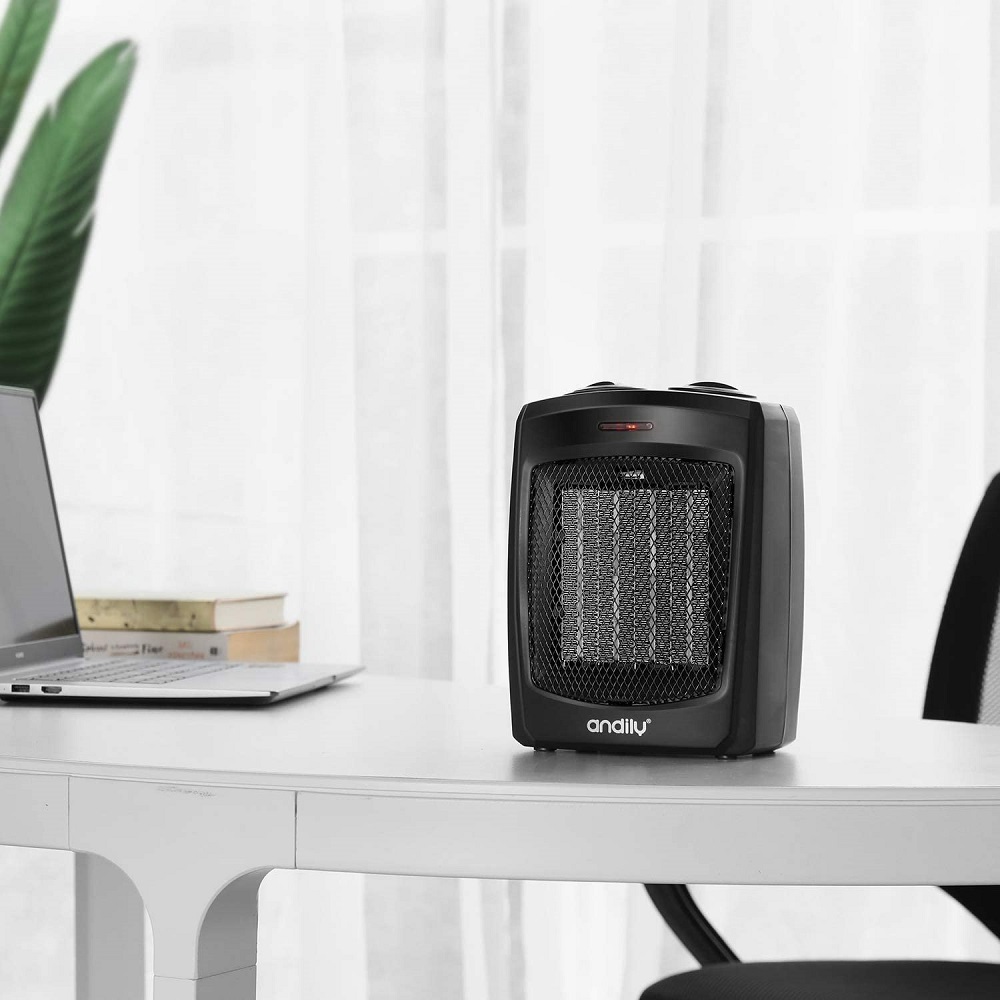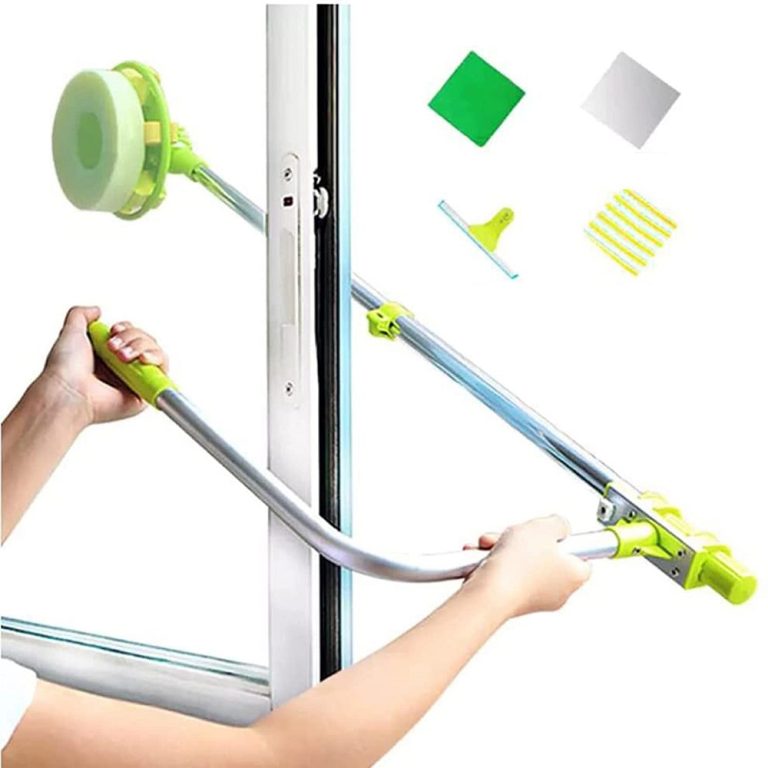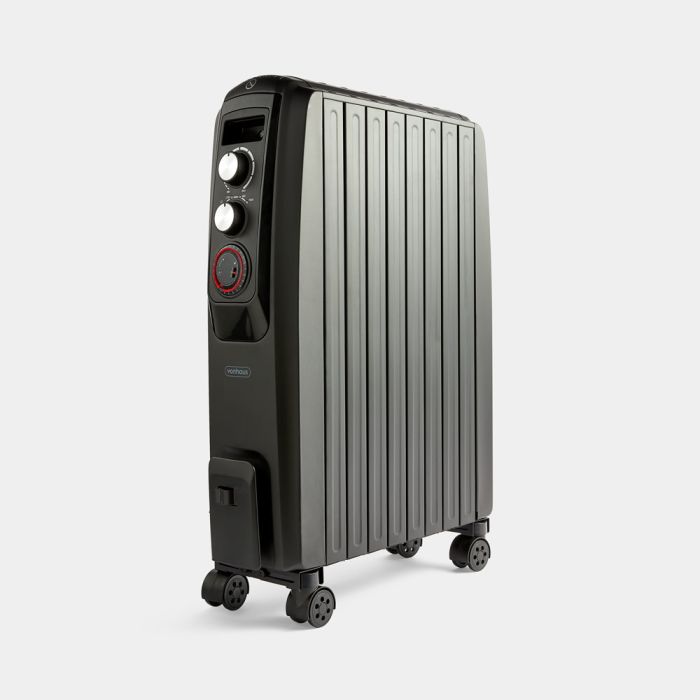Introduction to Safe Overnight Heating Options
When the temperature drops, it’s natural to seek comfort in warmth. Yet, leaving heaters on overnight can present risks. Exploring safe heating alternatives assures a cozy sleep without compromising safety. Electric, ceramic, oil, and infrared heaters are common options each with their own safety mechanisms. Features like automatic shut-offs or tip-over protection in these heaters enhance safety for overnight use. Central heating systems and electric blankets also offer safer ways to keep warm. Taking measures such as proper placement, operation, and maintenance of heaters reduces potential hazards. Additionally, carbon monoxide detectors are crucial for gas-powered heaters. Consulting with a licensed AC technician can further ensure that heating systems are safe and efficient. Finding the right balance between warmth and safety is key for a restful and secure night.
Identifying the Right Type of Heater for Overnight Use
Choosing a safe heater for overnight use is important for your safety. A good heater should have safety features. It should also be suitable for your space and heating needs.
Electric Heaters
Electric heaters are a popular choice for many. They heat up fast and are typically equipped with safety measures. Look for models with automatic shut-off, tip-over protection, and overheating sensors.
Ceramic Heaters
Ceramic heaters are efficient and safe for long hours. They often come with built-in thermostats and cool-touch exteriors. Such features make them suitable for use while sleeping.
Oil Heaters
Oil heaters warm up spaces gradually and provide steady heat. They are generally safe to leave on because they don’t get too hot to the touch. This makes them a good option for overnight heating.
Infrared Heaters
Infrared heaters deliver quick warmth by directly heating objects and people. They don’t blow around hot air, so there’s less risk of igniting flammable materials. They’re a smart choice for fast, targeted warmth.
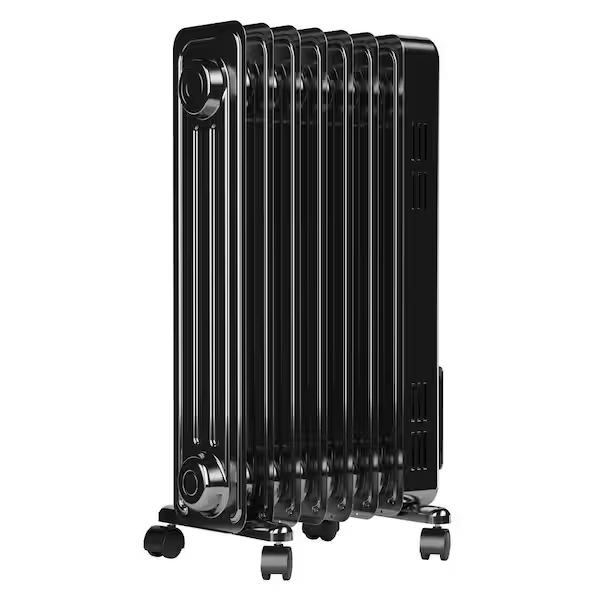
Key Safety Features in Space Heaters
When shopping for heaters, safety is a must. Seek features that protect while you sleep. Here are top safety aspects to look out for:
- Automatic Shutoff: Key for preventing overheating, this feature turns the heater off if it gets too hot.
- Tip-Over Protection: A must-have in homes with kids or pets, ensuring the heater turns off if it falls over.
- Adjustable Thermostat: Helps maintain a set temperature, reducing the chance of overheating.
- Cool-Touch Exterior: This keeps the heater’s surface from getting hot, preventing burn-related accidents.
- Overheat Protection: A safeguard that automatically powers the heater down if it reaches unsafe temperatures.
- Certified Safety Standards: Look for seals of approval from recognized safety organizations.
Heaters with these features can be left on through the night more safely. Remember, even with safety features, never cover heaters or block their vents. Ensure they are away from fabrics or furniture that could burn. Regular checks on cords and plugs also help keep heaters safe to use. Always operate heaters as the manufacturer advises for best safety.
Proper Placement and Operation of Heaters
Ensuring that heaters are properly placed and operated is key for overnight safety. Here’s what to keep in mind:
- Firm, Non-Flammable Surface: Position the heater on a sturdy, level surface. Choose materials like metal or ceramic.
- Clearance from Objects: Keep it at least three feet from bedding, curtains, and furniture. This reduces fire risks.
- Ventilation: If you use gas heaters, good airflow is essential. It prevents carbon monoxide buildup.
- Direct Power Source: Plug the heater directly into the wall. Avoid using extension cords or power strips.
- Stability: Make sure it won’t easily tip over, especially in homes with pets or kids.
- Regular Checks: Before bedtime, inspect the heater. Look for damage or signs of wear.
Remember, even with automatic safety features, close supervision is important. Turn heaters with no auto-shutoff off before you sleep. Always follow the manufacturer’s instructions for operation. For an added layer of protection, install smoke and carbon monoxide detectors in your home.
Risks of Using Space Heaters Overnight
Using space heaters while you sleep can be risky. It’s vital to know these risks to keep safe.
Fire Hazards
Space heaters can start fires if left near things that might burn. Always keep them away from curtains, furniture, and bedding. Don’t leave them running unwatched for long.
Carbon Monoxide Risks
Some heaters burn fuel and can release deadly carbon monoxide. Use electric ones to avoid this risk. If you use gas heaters, fitting carbon monoxide detectors in your home is a must.
Overheating and Electrical Concerns
Heaters can get too hot and cause fires. Plug them straight into the wall and never through extension cords. Check them often to prevent electrical issues.
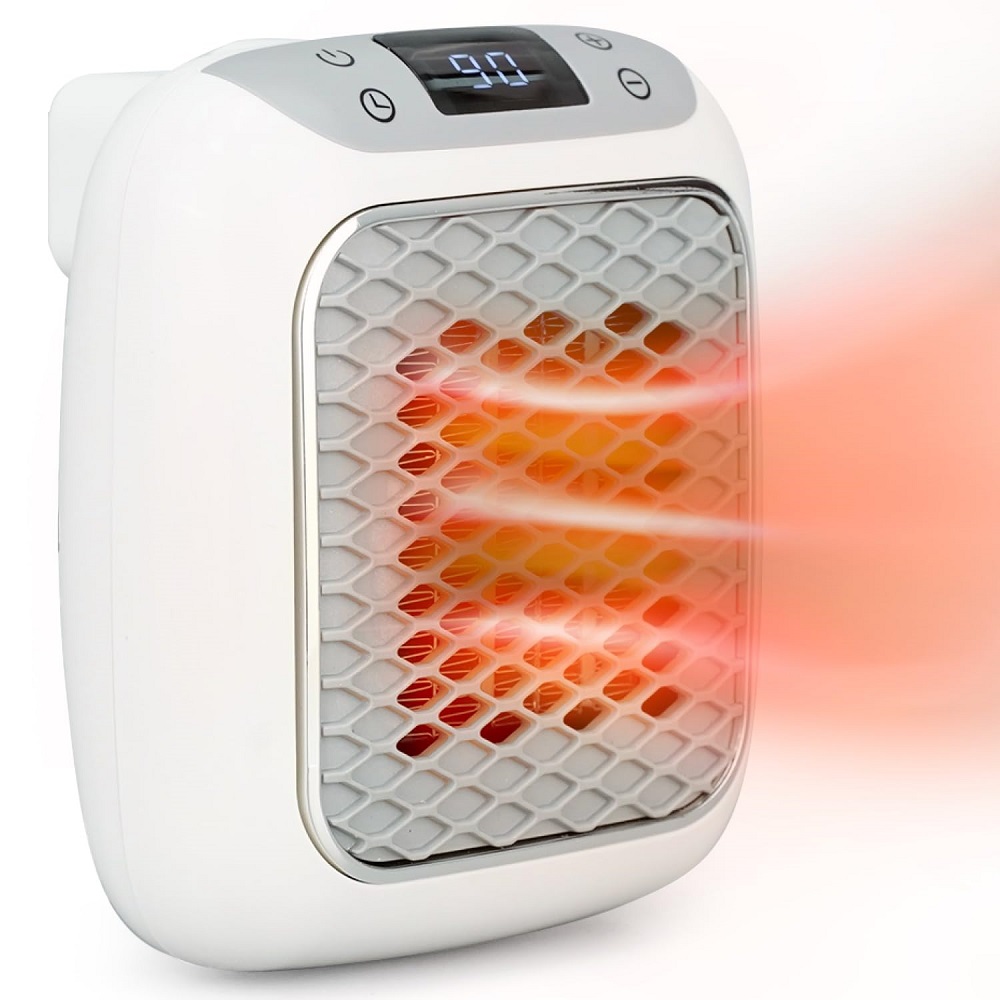
Cost-Effective and Safe Alternatives to Space Heaters
Finding safer ways to stay warm at night without the risks of space heaters is important. Consider these alternatives.
Central Heating Systems
Using your home’s central heating system is a more secure overnight option. Many systems have built-in safety features. You can set them to lower temperatures at night, saving energy and keeping warm safely.
Electric Blankets
Electric blankets offer targeted heat with minimal risk. They often come with timers and auto-shutoff functions. This reduces the need to heat the entire room and is a cozy way to stay warm.
Insulation and Weatherproofing
Improving your home’s insulation keeps heat inside. Use weather stripping and draft stoppers to seal gaps. Insulated curtains also help. This allows you to rely less on heaters and more on your home retaining its warmth.
Maintenance Tips for Heater Safety
Regular maintenance is key to keeping heaters safe for overnight use. Here are easy tips to follow:
- Check the Heater Before Use: Inspect it daily for any damage or wear. Look for frayed cords, cracks, or loose connections.
- Clean Regularly: Keep the heater’s intake and exhaust ports free of dust and lint. Accumulated debris can cause overheating.
- Test Safety Features: Make sure features like auto shutoff are working properly.
- Replace Filters: If your heater has filters, clean or replace them as needed to ensure good air flow.
- Review the Manual: Revisit your heater’s manual to stay up to date on proper care and use.
- Professional Inspections: Have an expert check your heater, especially if you notice any heating problems or strange noises.
By following these steps, you can help prevent accidents and enjoy safe heat throughout cold nights.
Understanding and Installing Carbon Monoxide Detectors
Carbon monoxide (CO) detectors are vital for safety, especially if using a fuel-burning heater overnight. These devices alert you to the presence of CO, a dangerous gas that you cannot see, smell, or taste. Make sure the detectors are placed near sleeping areas and in any room with a gas-powered heater.
To install a CO detector, follow these simple steps:
- Choose the Right Location: It should be near sleeping areas and on every floor of your home.
- Test Them Regularly: Press the test button monthly to ensure they work.
- Change Batteries Often: Replace batteries at least once a year, or as needed.
- Replace Old Detectors: Get new CO detectors every five to seven years.
Check and follow the manufacturer’s instructions for specific placement and maintenance. Remember, electric heaters don’t produce CO, but it’s good practice to have detectors anyway. They add an extra safety layer.
With proper installation and maintenance of CO detectors, you can sleep peacefully, knowing you’re guarded against this silent threat.
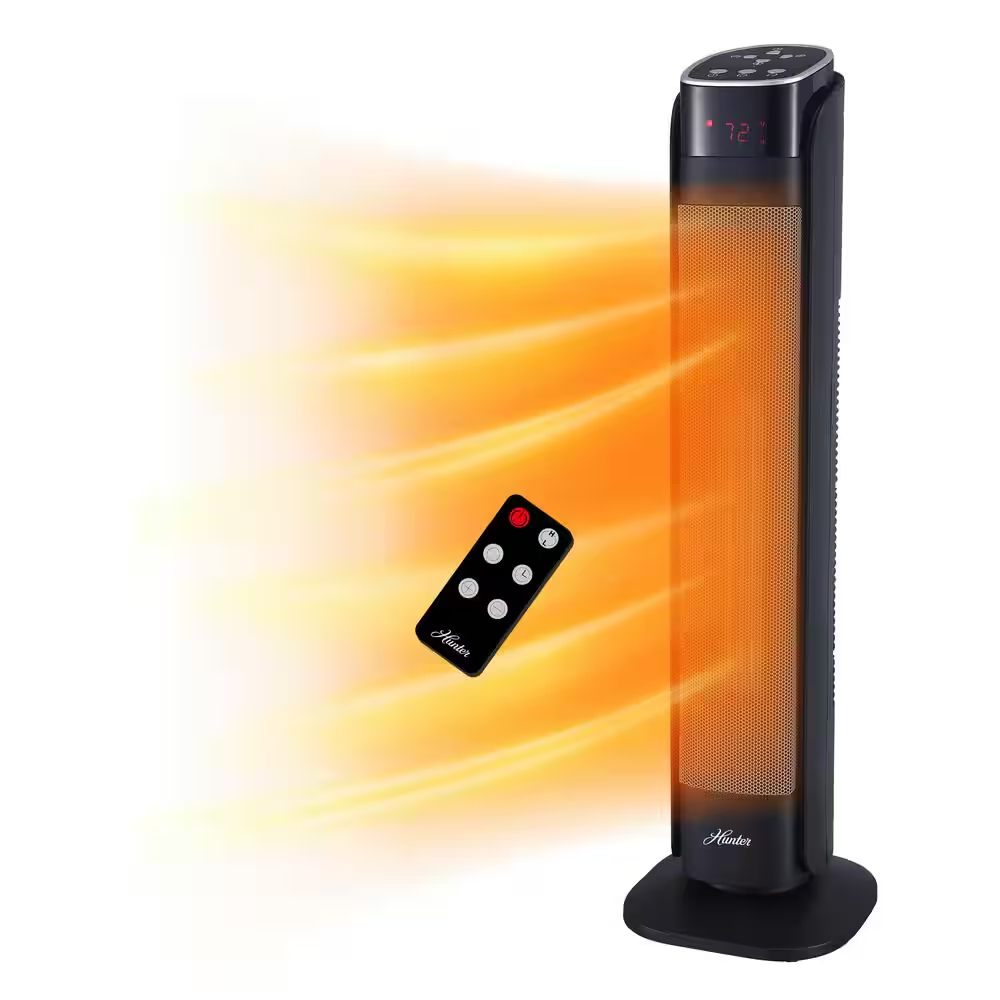
Hiring Professionals: When to Call an AC Technician
When dealing with heating systems and safety, professionals can help. If you’re unsure about your heater’s safety for overnight use, calling a licensed AC technician is wise. Here are times to consider professional help:
- Installation: When setting up a new heater, get it installed by an expert.
- Regular Checks: Have them inspect your system yearly for safety.
- Repairs: If your heater isn’t working right, don’t try to fix it alone.
- Audits: Technicians can also do energy audits. They’ll check if your system runs efficiently.
- Upgrades: Before upgrading your system, seek professional advice.
- Noise Problems: Call them if your heater makes strange noises during use.
- Safety Concerns: Any time you have safety worries, it’s better to call a pro.
Remember, a properly maintained heater is safer to use overnight. An AC technician can help ensure your unit functions well and is safe. Don’t take risks with your family’s safety; when in doubt, reach out to a technician.
